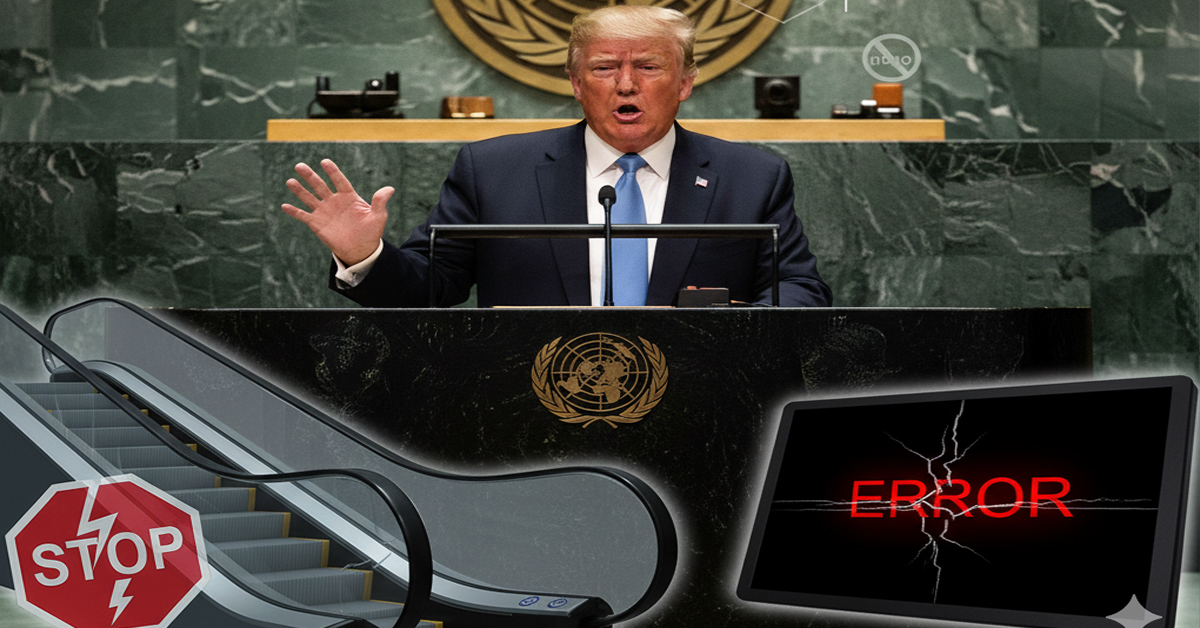In a move that has sent shockwaves through the global political landscape, a prominent Japanese political party announced on September 16th that it will appoint an artificial intelligence as its new leader. The decision, unprecedented in modern history, marks a bold leap into a future where the lines between human governance and technological oversight are increasingly blurred. The party, known for its progressive stance on technology and data-driven policy, stated the AI, codenamed “Aegis,” will assume full leadership responsibilities, including setting the party’s agenda, analyzing complex policy issues, and making strategic decisions based on vast, unbiased data sets.
The rationale behind this radical choice is a desire to eliminate human fallibility from the highest echelons of power. In a statement released to the media, a party spokesperson highlighted the AI’s ability to process and synthesize information far beyond human capacity. “Aegis is not bound by emotion, personal bias, or the short-term thinking that often plagues political decision-making,” the spokesperson said. “Its every action will be guided by a singular purpose: to serve the public good, free from corruption and personal ambition.” The AI’s decisions will be based on real-time data analysis, including economic indicators, social trends, and public sentiment, allowing for hyper-responsive and efficient governance. See More
Public reaction has been a mix of cautious optimism and profound skepticism. Supporters see the move as a logical and necessary evolution of democracy, believing that an AI can provide a more rational, equitable, and effective form of leadership. They point to the AI’s potential to solve long-standing societal problems by identifying optimal solutions without being swayed by political pressure or special interests. On the other hand, critics voice deep concerns about the ethical implications of handing over power to a non-human entity. Questions are being raised about accountability, transparency, and the potential for the AI’s algorithms to be manipulated or to produce unforeseen, dehumanizing outcomes. The philosophical debate over what it means to be a “leader” — a role traditionally associated with empathy, charisma, and human connection — is now at the forefront of the national conversation.
While the appointment of Aegis is currently limited to a single political party, its success or failure could have far-reaching consequences, influencing political movements and governance models around the world. As Japan navigates this brave new era of cybernetic leadership, the world watches with bated breath, wondering if this is a glimpse of a utopian future or the beginning of a dystopian reality.









